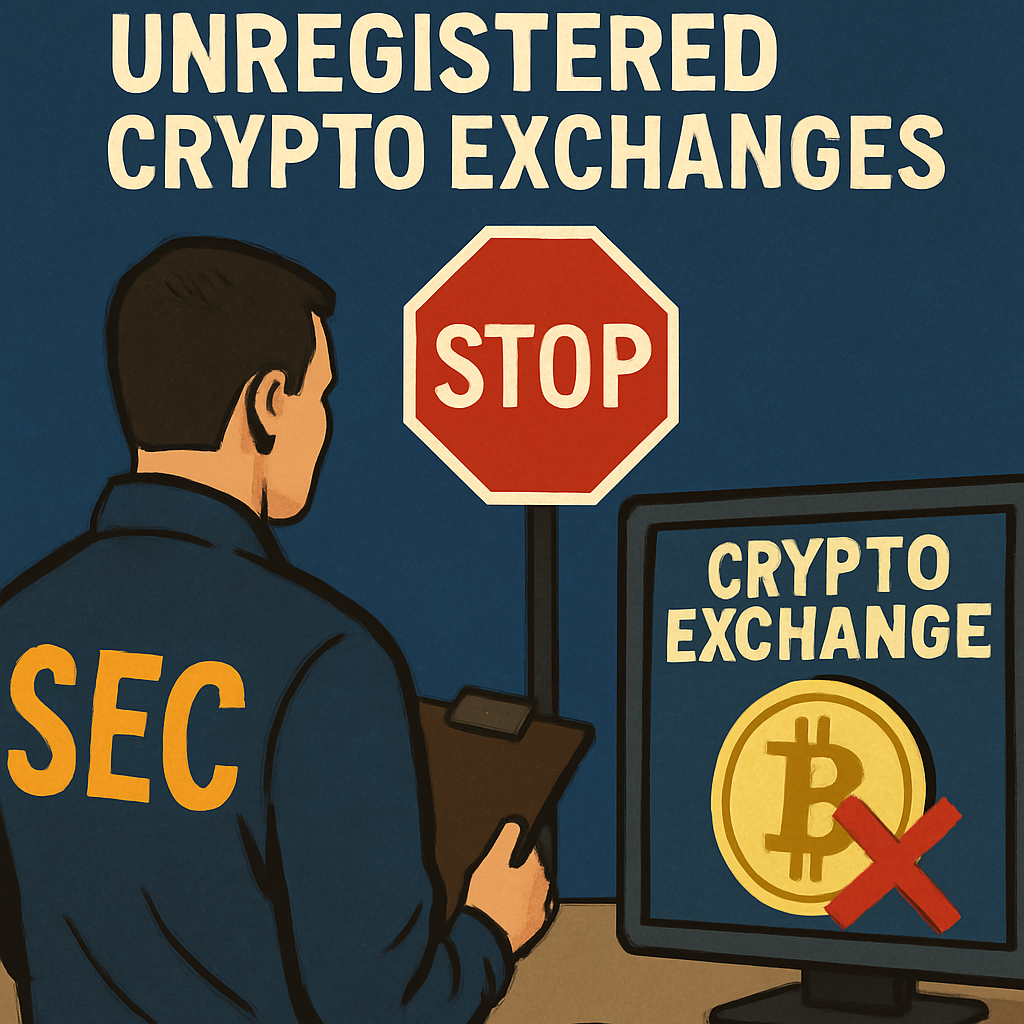On August 5, 2025, the Philippines Securities and Exchange Commission (SEC) escalated enforcement actions against several major cryptocurrency exchanges operating without local registration. The directive targets OKX, Bybit, KuCoin, and Kraken, all of which currently lack authorization under the country’s Anti-Money Laundering Act and specific digital asset regulations.
Regulatory Basis: The SEC’s digital asset licensing framework, enacted in late 2024, mandates foreign and domestic operators to secure a Virtual Asset Service Provider (VASP) license. This regime imposes stringent Know-Your-Customer (KYC) requirements, periodic financial reporting, and robust anti-money laundering (AML) controls.
Enforcement Measures: The SEC issued cease-and-desist orders, prohibiting the listed platforms from onboarding new Philippine users or processing local transactions. The regulator has set a 30-day compliance window, after which non-compliant operators risk asset freezes, administrative fines, and criminal referrals.
Market Impact: The announcement triggered a 12 percent surge in trading volumes on registered domestic platforms, as users migrated to compliant services. The oversight also catalyzed a wave of licensing applications from smaller exchanges seeking to capitalize on increased regulatory clarity.
Broader Context: This action aligns with regional trends in Southeast Asia, where Thailand and Singapore have similarly tightened VASP oversight. The Philippines SEC emphasized its commitment to safeguarding investors and preventing illicit finance, reinforcing that unregulated market segments pose systemic risks.
Going forward, the SEC plans stakeholder consultations to refine licensing procedures and explore a tiered approach for decentralized exchange (DEX) operators. These initiatives aim to balance innovation with investor protection, ensuring the digital asset sector’s sustainable growth within the Philippines.

Comments (0)